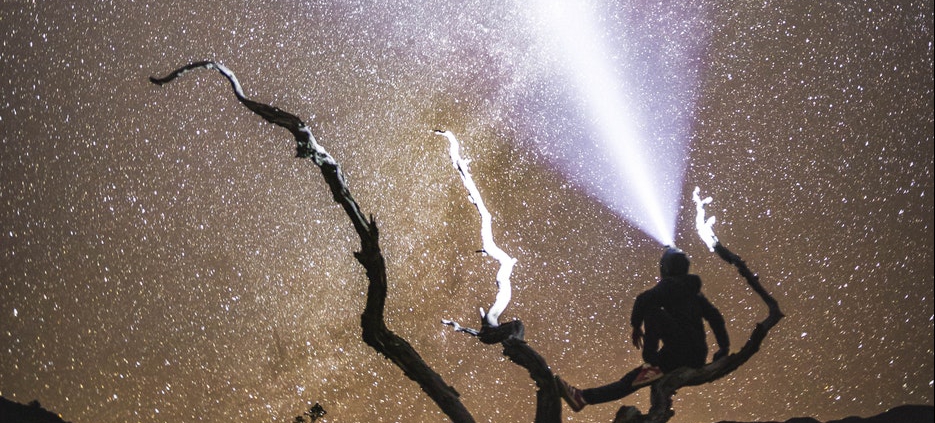Life Through A Lens
Have you ever gazed through a telescope or marvelled at something from the lens of a camera? Chances are the answer is yes.
At that point of contact, the lens of your camera becomes what your eyes are to your brain: an observant tool, curious to discover new and yet unknown territory.
Cameras, like telescopes, like mobile phones, and like everything in between, all come equipped with that curious, all-seeing eye.
But of course, the curiosity they bring can’t exist without one very specific thing: your mind.
And as we have invented technology to enhance our ways of life, we have also crafted the means to document our lives and minds in a way that means they can be preserved for all time.
This so called invention is what we call film – A medium inspired entirely by our primal curiosity.
Films, unlike our lives, are eternal. And thanks to the aid of our unique invention, films also have the ability to alter our understanding of how we perceive time both in our real lives and in the land of fiction.
Effectively, you could say that time in movies is relative.
When you look back at the classics of today, like 1941’s ‘Citizen Kane’ or 1960’s ‘Breathless’, you see that the visions of the day, as they existed back then, carry forward into the present day.
The world as it was seen in 1941 and 1960 can now be witnessed as they were intended, now in the year 2019.
Essentially, you could claim that two different time lines have intersected; you’re now living in those moments.
And further to the point, the fictional worlds that these movies have created exist within their own time, with sequences taking place in a non-linear fashion.
Story lines and character arcs can present themselves without being restricted to time as it exists in the here and now.
Character journeys spanning several decades can now conclude in only a mere few hours, and scenarios that would normally be limited to revealing information in a linear sequence can now be rearranged into any order the filmmaker sees fit – sometimes even giving the audience an advantage over the characters.
This curiosity, as I mentioned, has shaped our entire philosophy of life. And thanks to the invention of film, the ‘simpler’ things in life have become just that much more complicated.
Movies have given way to our primal curiosity. Movies have shaped us and made us more aware of our world. They’ve also inspired us to marvel at our own creativity and experience the world from the mind and perspective of a time traveller.
Movies have given us a stronger appreciation for days gone by, for times lost and for memories thought to have been pulled deep into the depths of the unconscious.
Without movies, our innate curiosity would only be able to extend its hand so far, and life itself would seem just that little bit simpler.
What a soulless life that would be.
By Lee Thorneycroft




